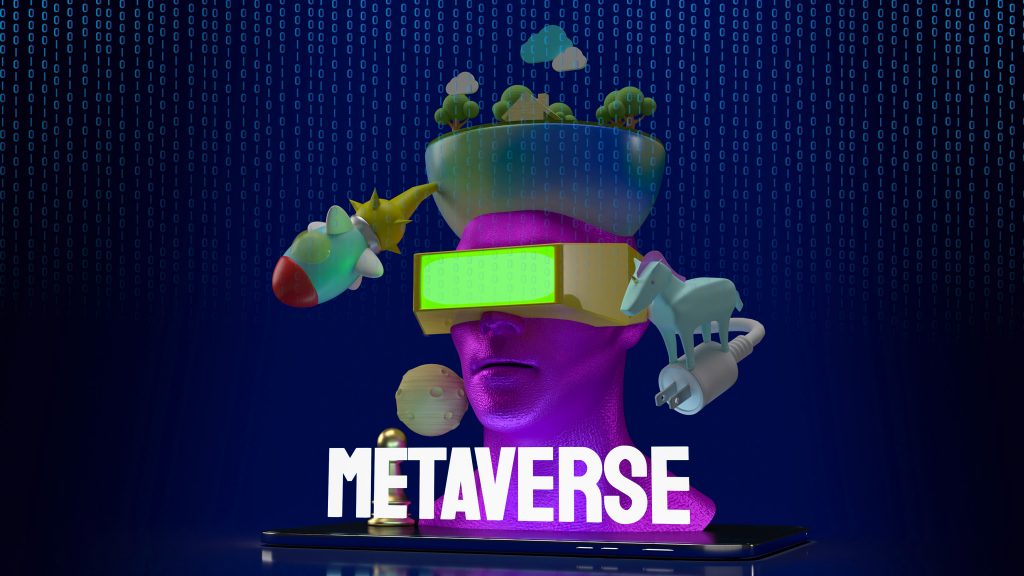There’s no doubt that AI-powered tools have revolutionized how we work.
It’s even changed how we see the world. With the release of ChatGPT, AI became a subject that was discussed at the dinner table.
Business leaders and individuals alike are experimenting with AI apps and rushing to determine how they can integrate them into their organizations and their workflows. Nevertheless, in this rush to keep up with the times, we mustn’t let online privacy become an afterthought.

Competition Leads to Better Privacy
ChatGPT may have set the bar, but contenders like Deepseek have proven that anything can happen in the AI space, and it can happen fast.
Deepseek astonished the tech giants with its latest large language models (LLL). AI models such as DeepSeek R1 are comparable with Open Ai’s flagship ChatGPT-4o and Claude Sonnet 3.5.
This competition is not only a pivotal part of the story that will lead to better and better AI, it means more choice for users. Now, privacy-focused individuals can compare the privacy policies of AI apps and make informed decisions about how they use them.
In terms of privacy, ChatGPT and Deepseek have many similarities on the surface. However, as you dig deeper it becomes clear that ChatGPT has put more effort into creating policies and features that give users some level of control over their data.

How ChatGPT and Deepseek are Alike
Before getting into how ChatGPT and Deepseek stack up against each other, it makes sense to start with their similarities.
Both apps are chatbots. It’s a lot like messaging friends with Meta’s Messenger. Only in this case, you’re chatting with AI. Once users type in their questions or explain what they’re looking for, chatbots generate incredibly polished and detailed answers.
Like any apps that require sign-up, both apps collect personal data such as name, email, and phone number. Additionally, technical data such as your IP address as well as usage data such as feature usage are stored.
ChatGPT collects data from user prompts, uploaded files, and conversations. Deepseek collects all the same data in addition to user feedback.
Thus, in terms of input, ChatGPT and Deepseek are identical. The same chat data goes in, but the first crucial factor is to determine how that input is stored, and how it’s potentially used.

Where Your Data Goes
Deepseek’s privacy policy reveals that all user data is stored on secure servers in China. As ChatGPT is a US-based company, it stores user data on US servers.
This means that Deepseek and ChatGPT follow vastly different laws set by the countries they operate in.
Deepseek is subject to the Cybersecurity Law of China (2017) and the Data Security Law (2021). These laws grant the Chinese government access to a wide array of user data.
Data that can be requested and sent to Chinese authorities include sensitive user inputs, conversations, and even login credentials.
For US citizens and other people who live outside of China, this might be concerning because they could be subjected to the surveillance laws of a foreign country.

Controlling Your Data
Deepseek collects more user data than ChatGPT overall.
Any chats you have in Deepseek can be used to train its AI. The app also includes third-party tracking. It collects behavioral analytics, even outside of Deepseek.
To top it off, Deepseek shares data with advertisers, corporate affiliates, and legal entities and there’s no way to opt out as a user.
The data ChatGPT collects isn’t as extensive. Most importantly, it allows people to have control over their data. Functionality is provided so all user data that was collected can be deleted. Additionally, it’s possible to opt out of sharing data to train its AI.
Compliance with the Laws of Foreign Countries
ChatGPT has greater transparency in terms of which laws it is compliant with that originate outside of the US. It explicitly states that it is GDPR and CCPA compliant. GDPR is the EU data protection law and CCPA is the California Consumer Privacy Act.
Deepseek lacks transparency about compliance. Certainly, it follows China’s privacy laws but it can’t be assumed that laws in the US and Europe are followed to the same extent.

Conclusion
By default, AI apps collect user data fairly aggressively. However, Deepseek’s privacy policy reveals that it’s even more hungry for your data than ChatGPT. Deepseek is a ground-breaking AI app, but it has a long way to go in terms of considering the online privacy of its users.
Two notable differences between Deepseek and ChatGPT are the level of control the user has over their data as well as transparency.
ChatGPT offers opportunities to opt out of data collection. Plus, it provides options for removing your data. With Deepseek, the user isn’t’ given tools to manage their data. It isn’t clear whether it’s compliant with laws such as GDPR and CCPA or not.










